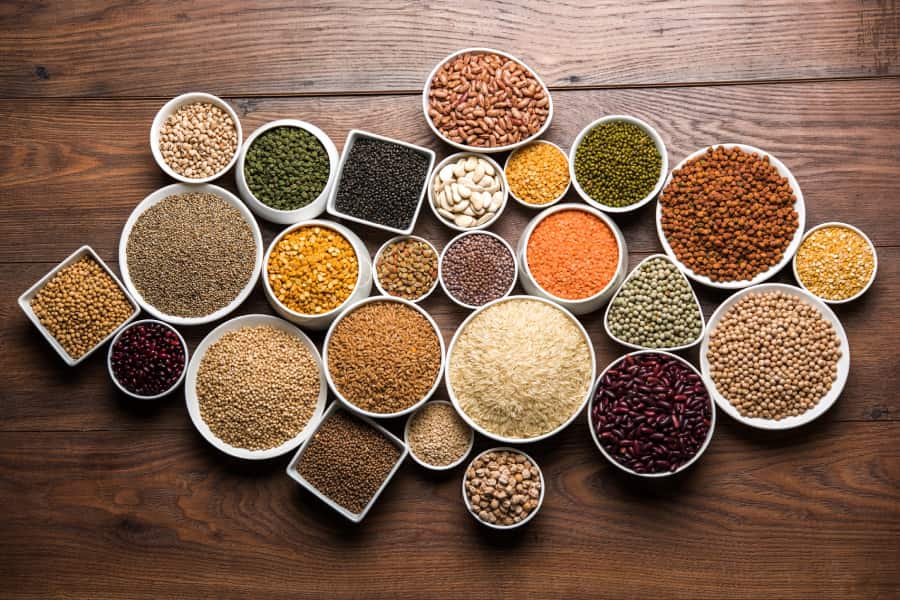Pulse importers from Myanmar advised to use Rupee/Kyat mechanism
Government of India has simplified the payment mechanism for traders importing pulses from Myanmar. Importers of pulses have been asked to utilize the Rupee/Kyat direct payment system using the Special Rupee Vostro Account (SRVA) through the Punjab National Bank.

According to a statement by the Ministry of Consumer Affairs, Food & Public Distribution, the importers of pulses have been asked to utilize the Rupee/ Kyat direct payment system using Special Rupee Vostro Account (SRVA) through Punjab National Bank. The Rupee-Kyat trade mechanism would facilitate faster import of pulses (like tur and urad) from Myanmar.
The Ministry stated that the new Rupee/ Kyat direct payment mechanism will apply for both sea and border trade and for trade in goods as well as services. It will also reduce the costs associated with currency conversions and eliminate complexities related to exchange rates by eliminating the need for numerous currency conversations.
The Rupee Kyat Settlement Mechanism was operationalised on 25th January 2024, to simplify trade transactions and to make them more efficient. While the Central Bank of Myanmar had released guidelines for payment procedures under SRVA through PNB and UAB bank, on 26 January 2024.
India and Myanmar had earlier signed a Memorandum of Understanding (MoU) in 2021, which enables India to import 0.25 million tonnes (MT) of urad and 0.1 MT of tur per annum, through private trade, until 2025.
India relies on import of pulses to meet the domestic shortage. During 2023, India imported about 2.98 MT of pulses, including 1.51 MT (lentil), 0.77 MT (tur or pigeon pea) and 0.59 MT (urad or black gram). Australia, Canada, Myanmar, Mozambique, Tanzania, Sudan and Malawi were among the major suppliers of pulses.








Leave a comment